
10 Typhoid Symptoms
Advertisement Travelers from developed countries to developing countries may want to check if a typhoid...
17 Oct, 2022
Advertisement Travelers from developed countries to developing countries may want to check if a typhoid...
17 Oct, 2022
Advertisement Bacteria are single-cell microorganisms found virtually everywhere. Many bacteria are helpful, such as those...
01 Sep, 2022
Advertisement Tuberculosis results from an infection with the Mycobacterium tuberculosis bacterium. Once active, TB can...
07 Mar, 2021-06.jpg)
Advertisement Tuberculosis is a serious illness that kills approximately 1.5 million people across the globe...
29 Dec, 2020
Advertisement You’ve just sat down on the toilet and felt your least favorite sensation in...
12 Dec, 2020
Advertisement Leprosy is one of the most notorious diseases that have ever inflicted mankind. In...
18 Nov, 2020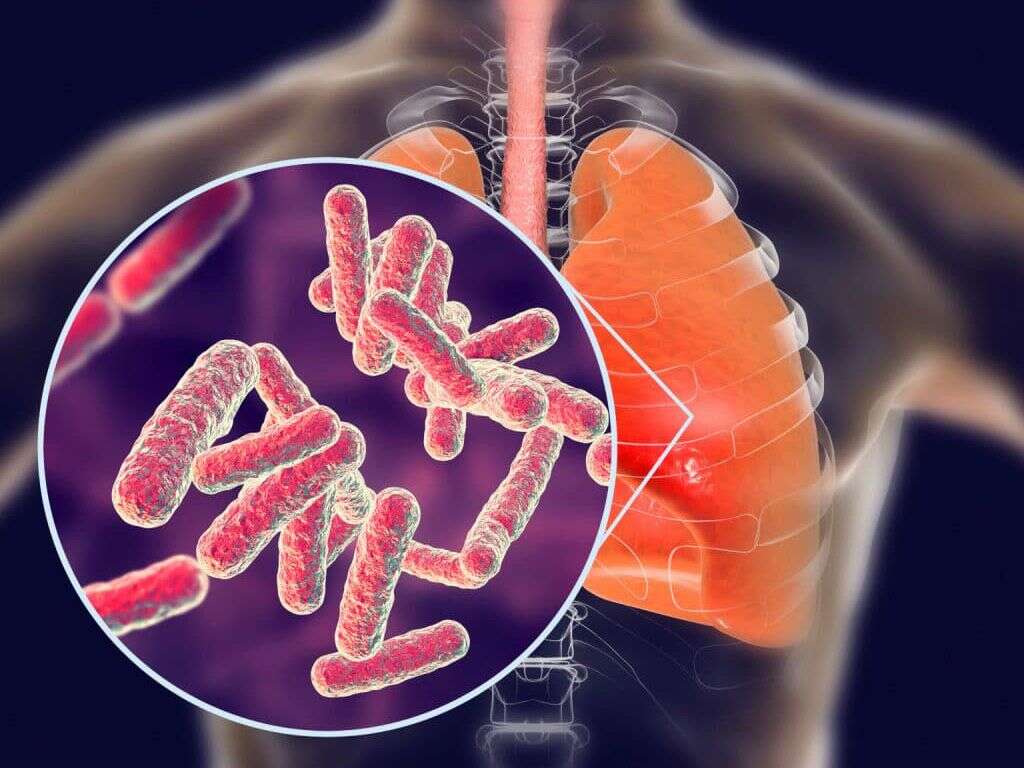
Advertisement Tuberculosis is a disease that has been around for a very long time. It...
14 Nov, 2020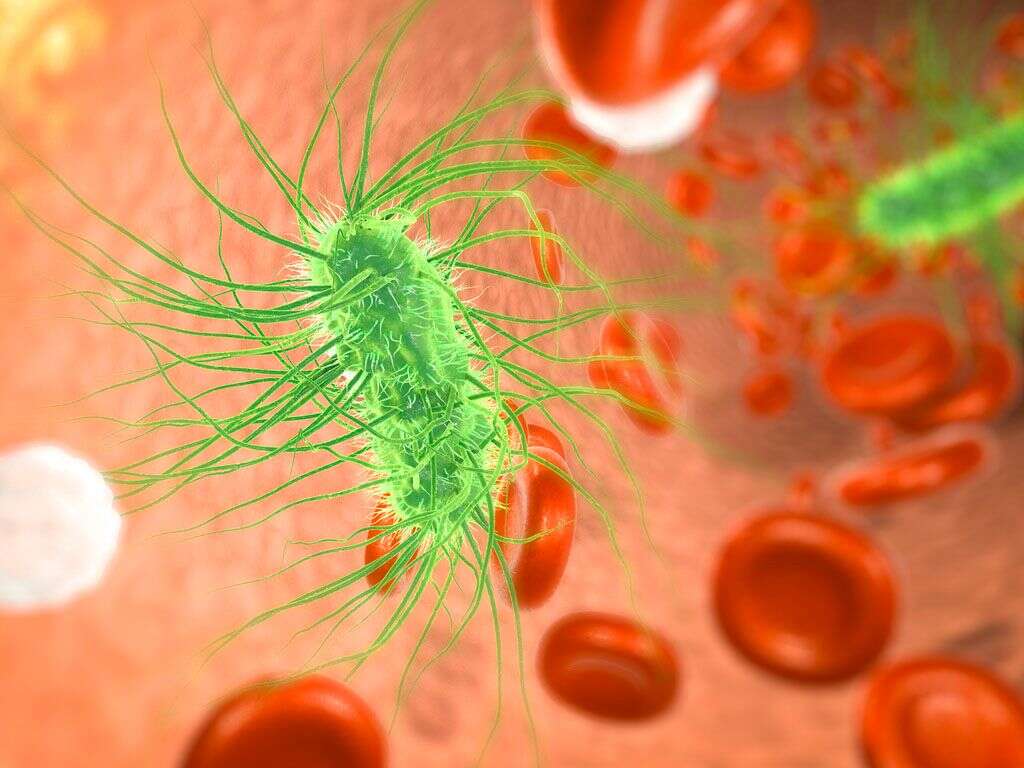
Advertisement Bacteria are all around us. They are on the surfaces we touch, on our...
11 Nov, 2020
Advertisement Keeping in good health can often be challenging. This world is chockful of all...
07 Nov, 2020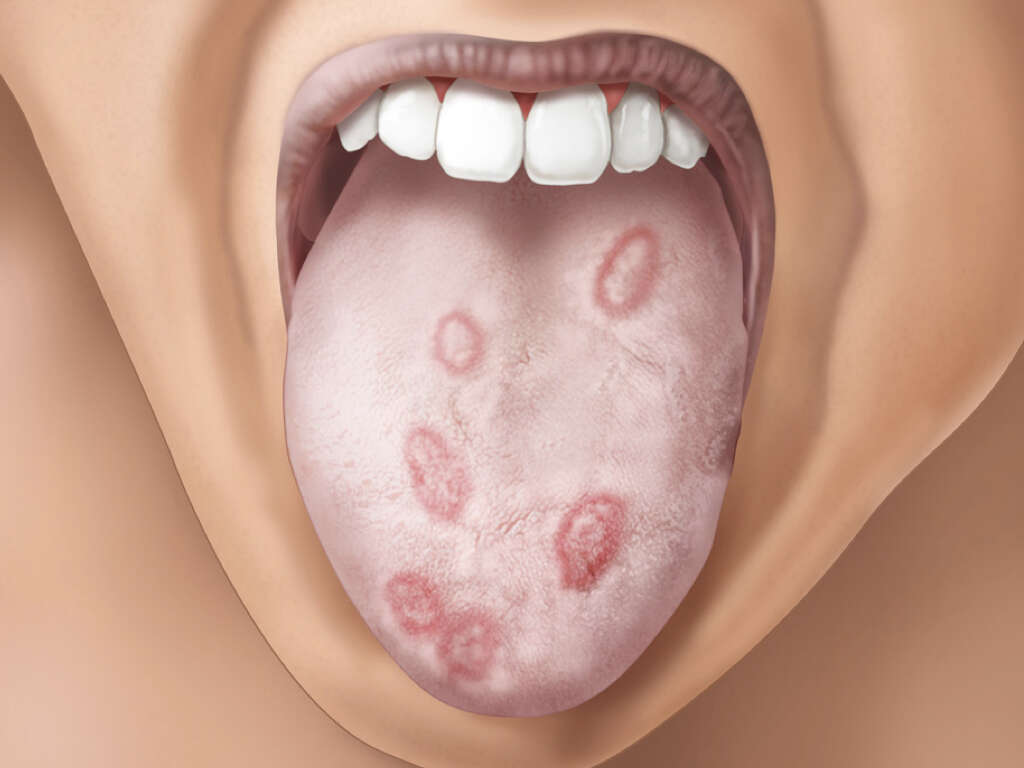
Advertisement While people should be free to choose their sexual partners, it is also a...
03 Nov, 2020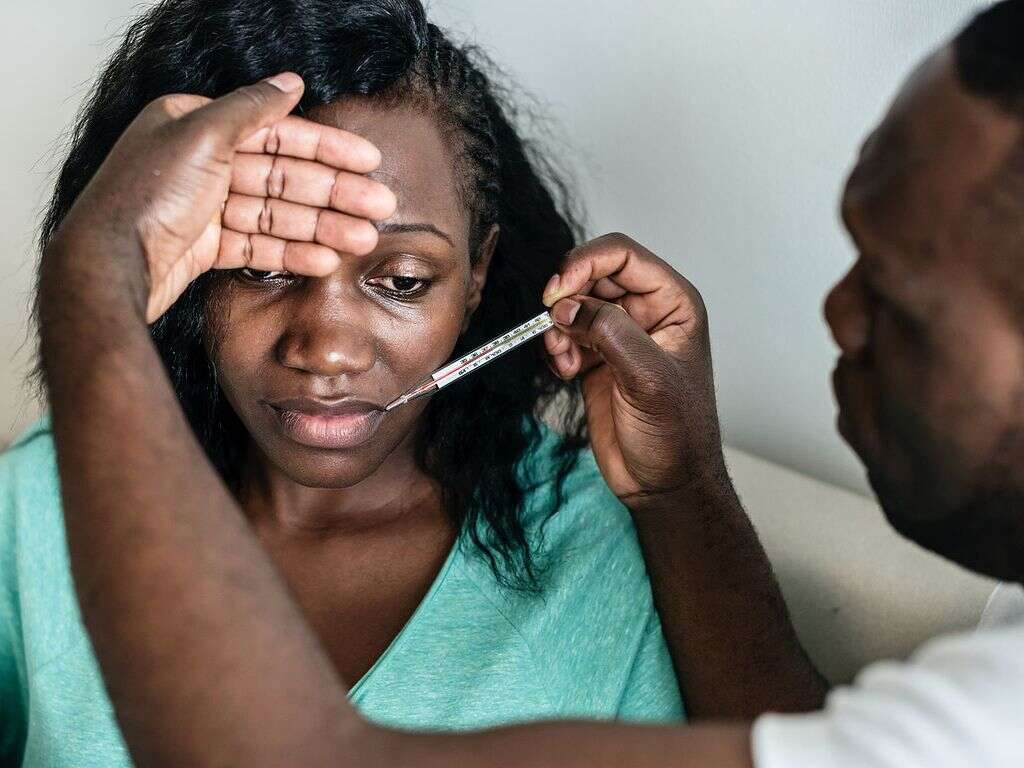
Advertisement One of the most abundant types of bacteria in the human body belongs to...
27 Oct, 2020
Advertisement When a part of the body experiences a lack of blood flow or a...
26 Oct, 2020
Advertisement Our bones need to be strong enough to help support our bodies, and anything...
13 Oct, 2020
Advertisement The term “pathogen” comes from the Greek word “pathos,” which means “suffering, passion, or...
14 May, 2020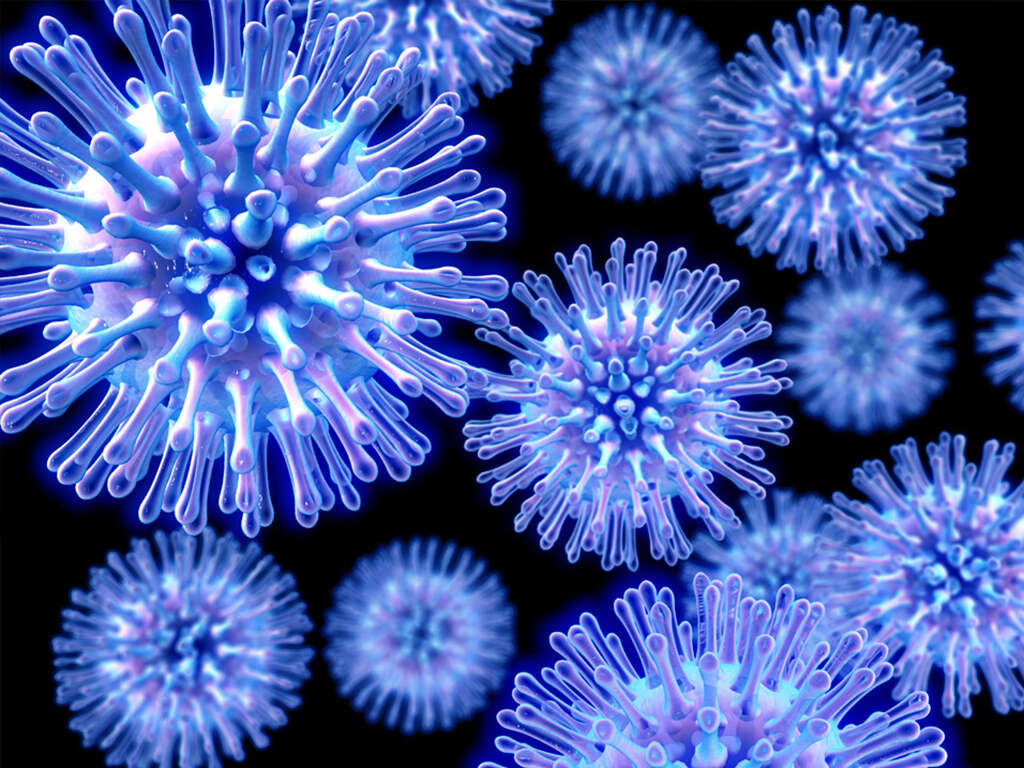
Advertisement Pathogen is another word for a germ. Basically, it means any organism that can...
19 Jan, 2019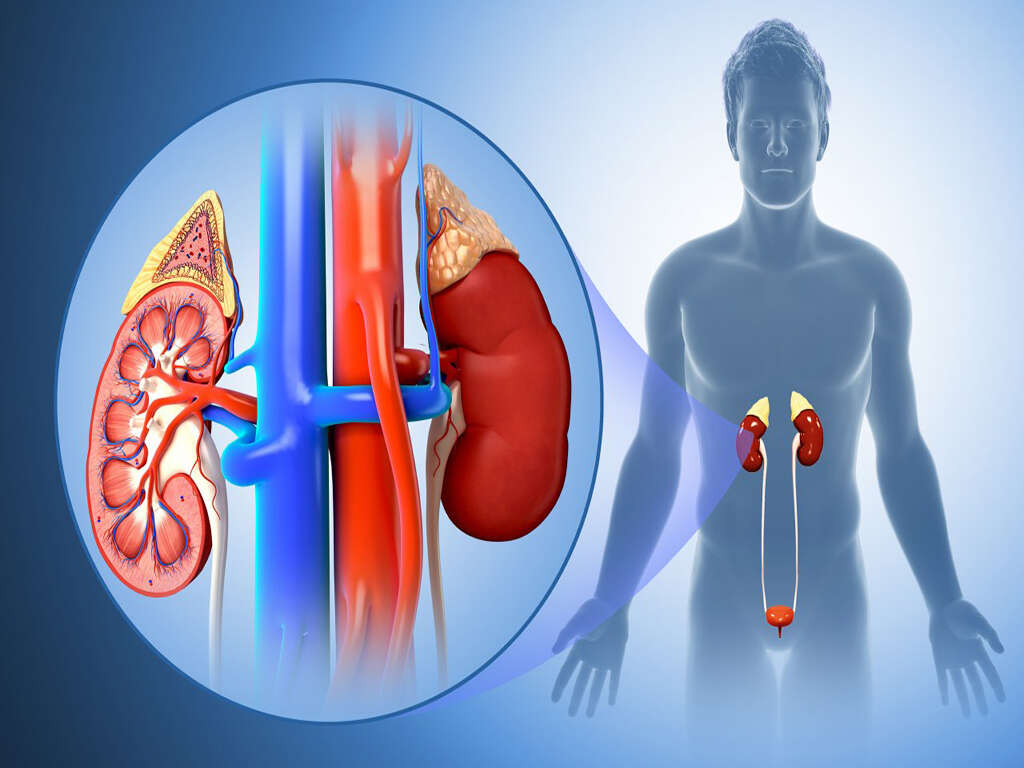
Advertisement Pyelonephritis is a condition where the affected kidney is inflamed usually because of a...
28 Oct, 2018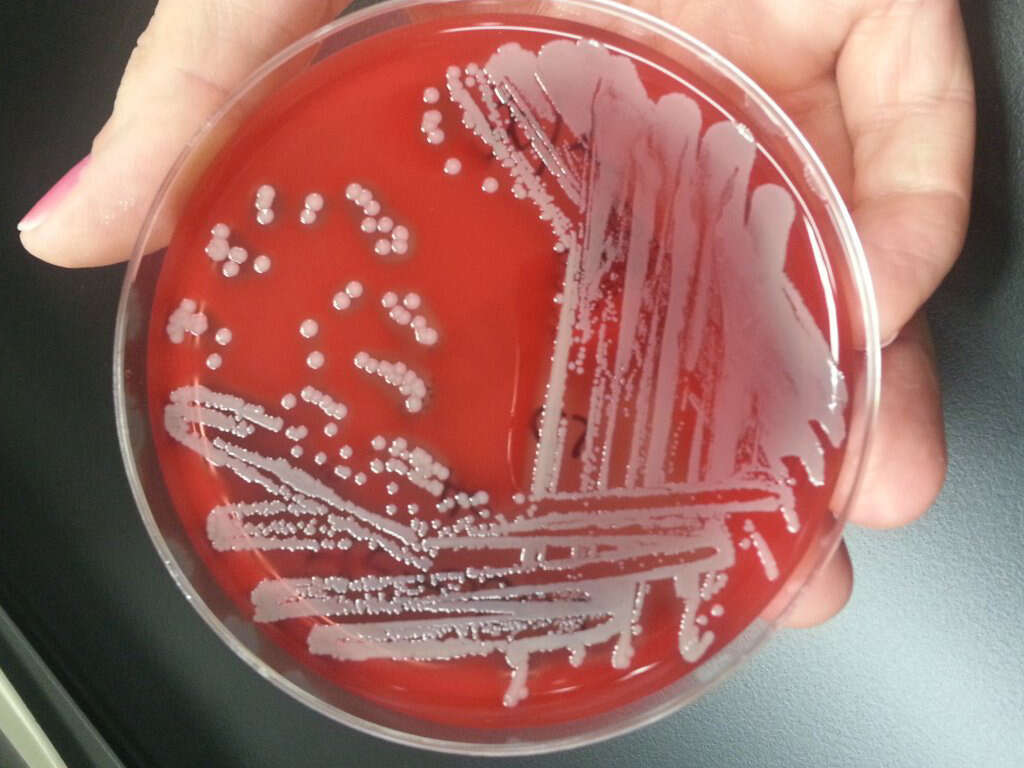
Advertisement A staphylococcal infection is caused by staphylococcus bacteria, a gram-positive type of bacteria that...
30 Aug, 2018
Advertisement Syphilis is a sexually transmitted infection (STI) that is caused by a bacterium called...
29 Aug, 2018
Advertisement Tuberculosis is a disease caused by Mycobacterium tuberculosis. It is a bacterial infection that...
14 Jul, 2018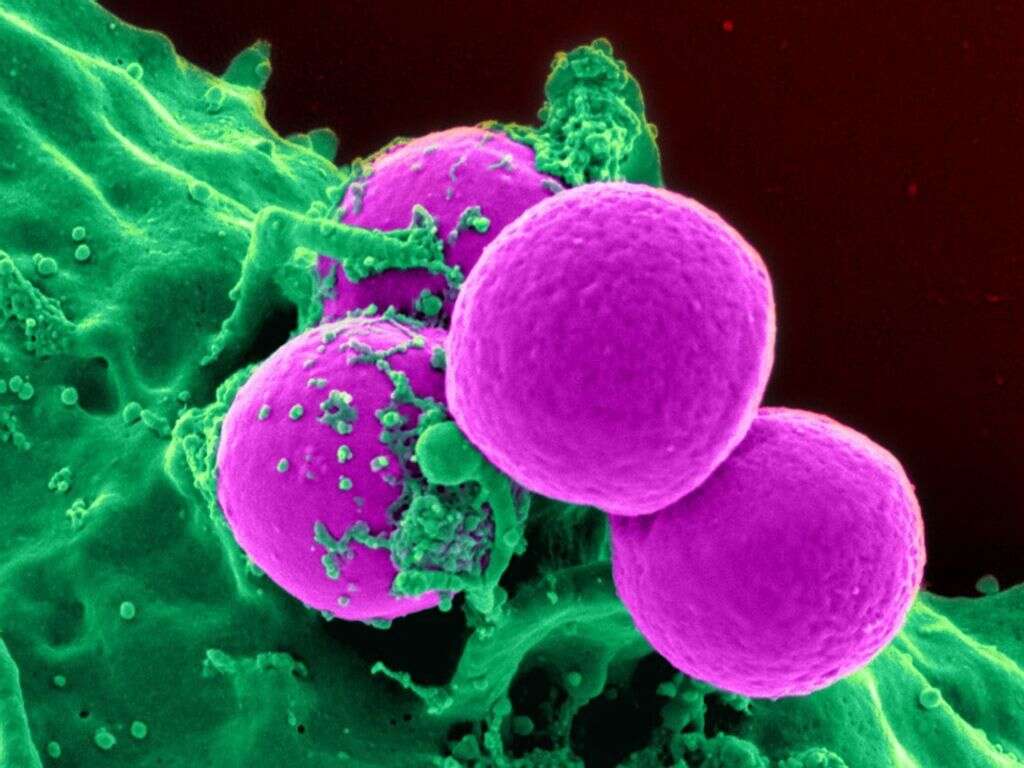
Advertisement Staphylococcus is a group of bacteria that receive their name due to the spherical...
23 May, 2018Home | Privacy Policy | Editorial | Unsubscribe | About Us
This site offers information designed for entertainment & educational purposes only. With any health related topic discussed on this site you should not rely on any information on this site as a substitute for professional medical diagnosis, treatment, advice, or as a substitute for, professional counseling care, advice, treatment, or diagnosis. If you have any questions or concerns about your health, you should always consult with a physician or other health-care professional.